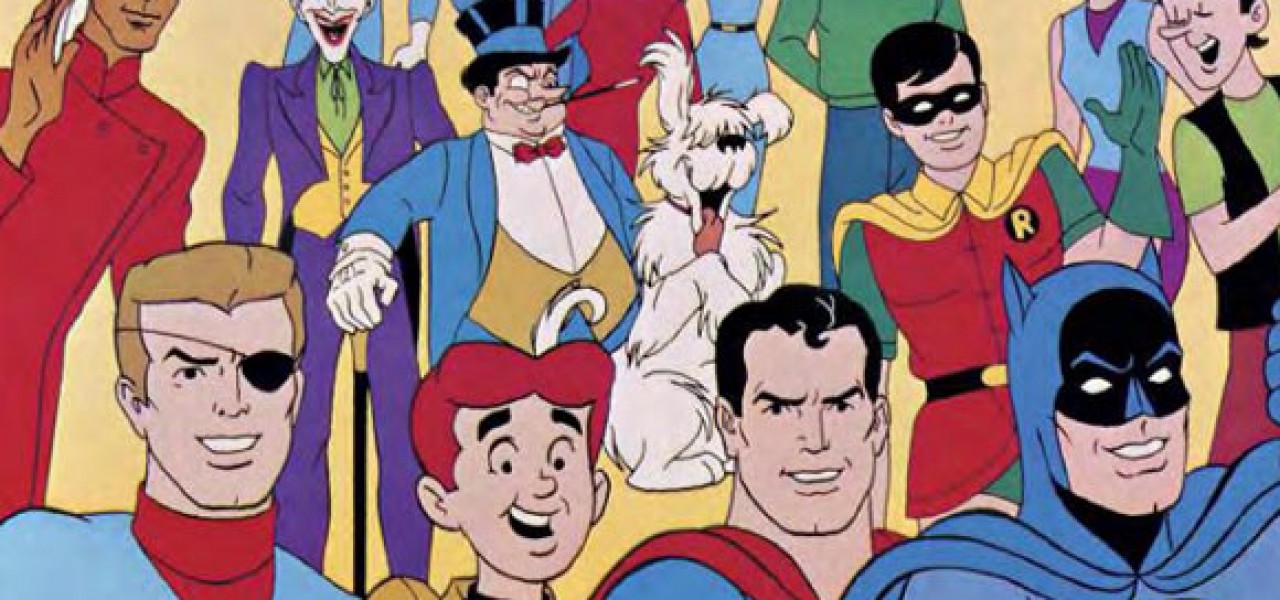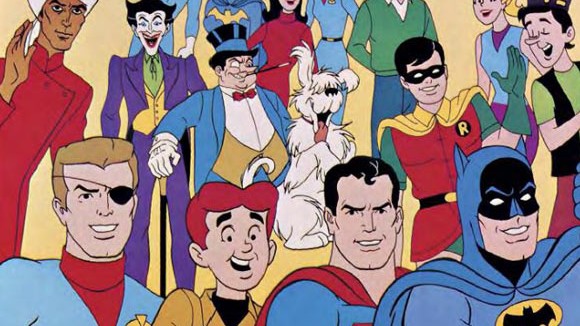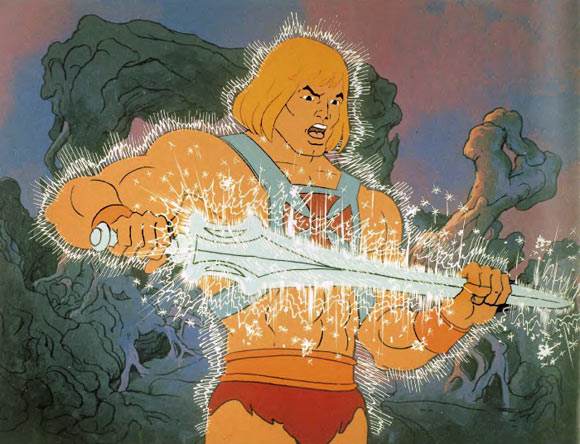

R.I.P. Filmation Co-Founder Lou Scheimer

For TV viewers of a certain age, the shows produced by Lou Scheimer’s Filmation evoke fond nostalgia and happy Saturday morning memories. Scheimer, co-founder of the notorious TV animation schlock house Filmation and a key figure in TV animation history, passed away yesterday, just two days before his 85th birthday. The cause and location of death remains unknown at this time.
Scheimer was born in Pittsburgh, Pennsylvania in 1928. He was the son a German Jew who, according to family legend, had to leave Germany in the early-1920s after knocking out a young Adolf Hitler in a beer hall scuffle. Scheimer served in the U.S. Army between 1946-’48, and later studied art at Carnegie Tech. He moved to Los Angeles in the mid-1950s and began working at commercial art studios and animation production houses like Kling Studios, Walter Lantz Productions (where he painted backgrounds on the Tex Avery short Crazy Mixed Up Pup), Hanna-Barbera, Larry Harmon, Ray Patin Productions, and Warner Bros. Animation.

Scheimer (above, left) founded Filmation Associates in 1963 with partner Hal Sutherland (above, middle) to produce a low-budget TV series called Rod Rocket.
Soon after, a third partner, Norm Prescott (above right), joined the company. For the next twenty-seven years, the studio ruled Saturday mornings, churning out TV show after show, including The Archie Show, Fat Albert and the Cosby Kids, The Batman/Tarzan Adventure Hour, The Lone Ranger, Will the Real Jerry Lewis Please Sit Down, Gilligan’s Planet, He-Man and the Masters of the Universe, She-Ra: Princess of Power, Star Trek: The Animated Series, and dozens more. Many of the shows were half-hour toy commercials masquerading as content, and the studio became famous for its corner-cutting production techniques, limited (sometimes non-existent) animation and generally abysmal production values.

There were also positive aspects to Filmation. The studio (pictured above) kept animation jobs in America long after other studios had started shipping work overseas. Their insistence on keeping animation made in America was a contributing factor to the studio’s downfall in the 1980s. The studio also helped pioneer first-run syndication of children’s animation with its TV series He-man and the Masters of the Universe and occasionally created progressive kids’ shows like Fat Albert that promoted positive social and educational values. (Scheimer provided voices in many of his shows, including Fat Albert’s Dumb Donald.)
Despite the inferior quality of his studio’s work, Scheimer was well liked as a studio executive. Artist Tom Sito wrote this afternoon on the Animation Guild blog:
“Some artists who become bosses tend to forget their roots, like that necktie is now part of their anatomy. Lou Scheimer never stopped being ‘one of the guys.’ He was passionate about animation and his fellow artists. It actually pained him to lay people off. In 1982 when the Guild held a city-wide strike to try and prevent all our work outsourced overseas, Lou shouldered a sign and picketed his own studio, because he agreed that work should stay in town. Lou never reneged on his promise to keep as many people working as he could.
Many of today’s well known artists worked early in their careers at Filmation including Bruce Timm, John Kricfalusi, Tom Minton, Bruce Smith, Lynne Naylor, Tom Sito, Dan St. Pierre, Rusty Mills, Steve Hickner, Lenord Robinson, and Vicky Jenson. “The shows were absolutely terrible, and the hours were grueling,” remembered artist Eddie Fitzgerald, “but it was my first industry job and there wasn’t a moment when I didn’t feel surrounded by magic.”

After Filmation closed in 1989, Scheimer formed a new company called Lou Scheimer Productions. His assembly line-oriented approach to creativity had been rendered irrelevant by the creator-driven TV animation movement of the early-1990s. After years of unsuccessfully attempting to sell a show, he shuttered the company in 2004. The Filmation library is currently owned by DreamWorks Animation subsidiary Classic Media.

Scheimer wrote about his life in the well recevied 2012 autobiography Lou Scheimer: Creating the Filmation Generation. Below is Scheimer’s final public appearance in 2012 at Comic-Con International: San Diego:
UPDATE: Have some Kleenex handy before you watch this heartfelt tribute to Lou Scheimer from fan Dan Eardley:

.png)